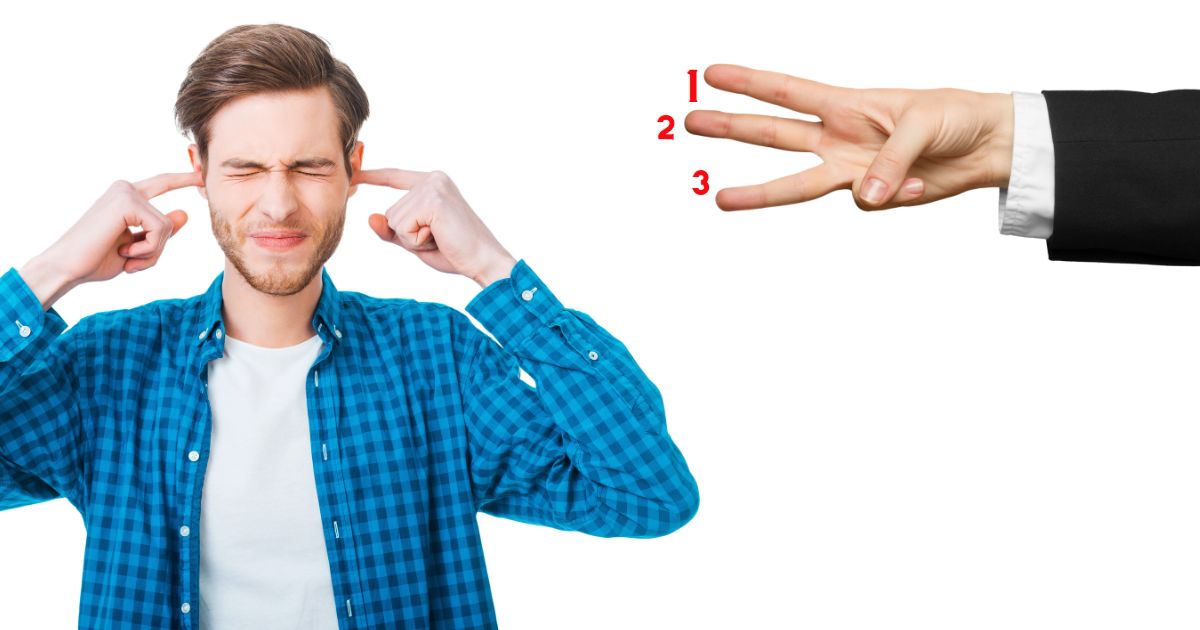Sep. 17, 2013
On Friday Sept 13, 2013, Ray Dolby passed away. With the passing of Dr. Bose several months ago, the year 2013 was not among the best for the audio industry. I met Ray Dolby at an Audio Engineering Conference (AES) in Los Angeles about 20 years ago and it was my least-cool life moment. After being introduced, I proceeded to






